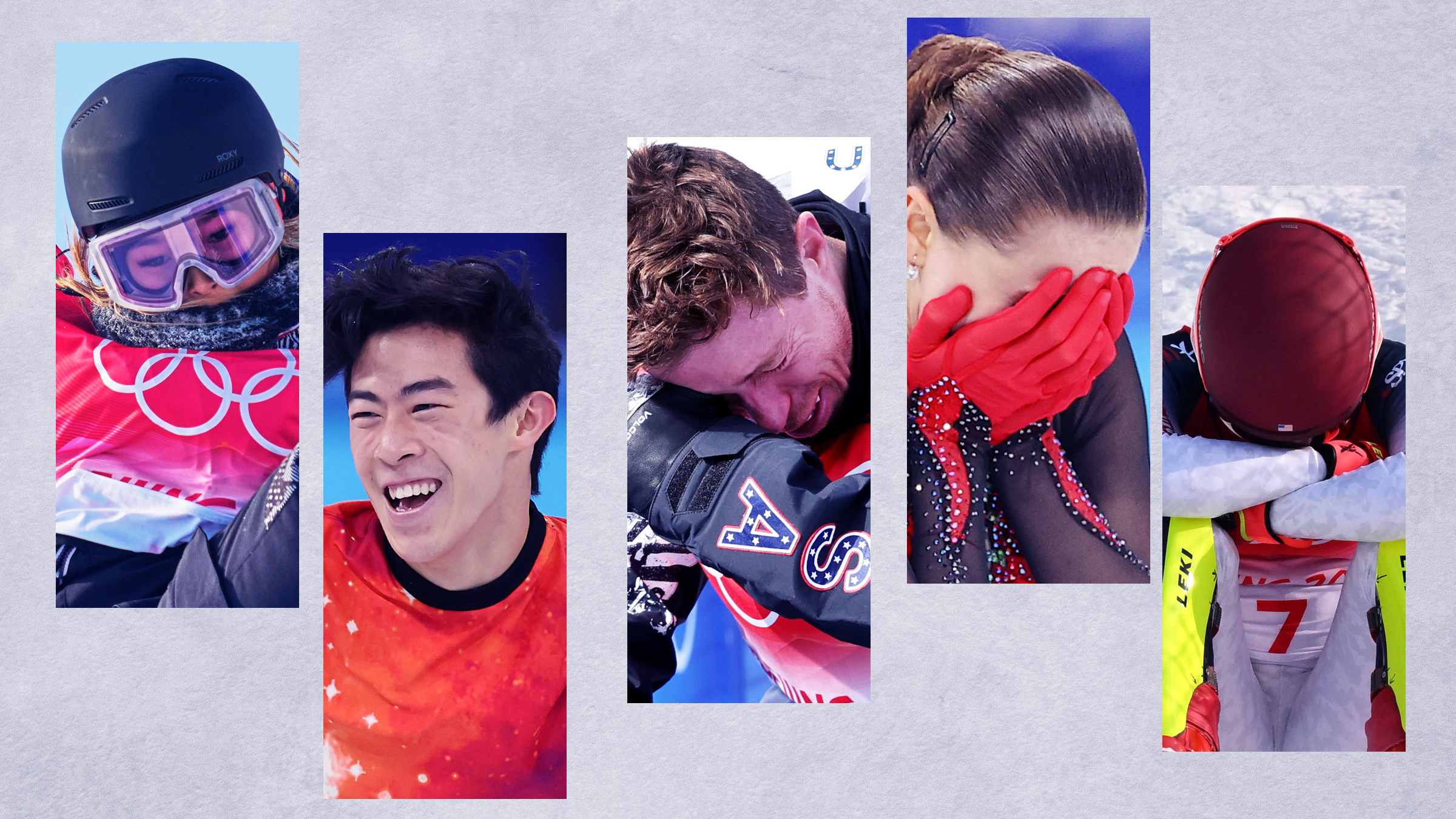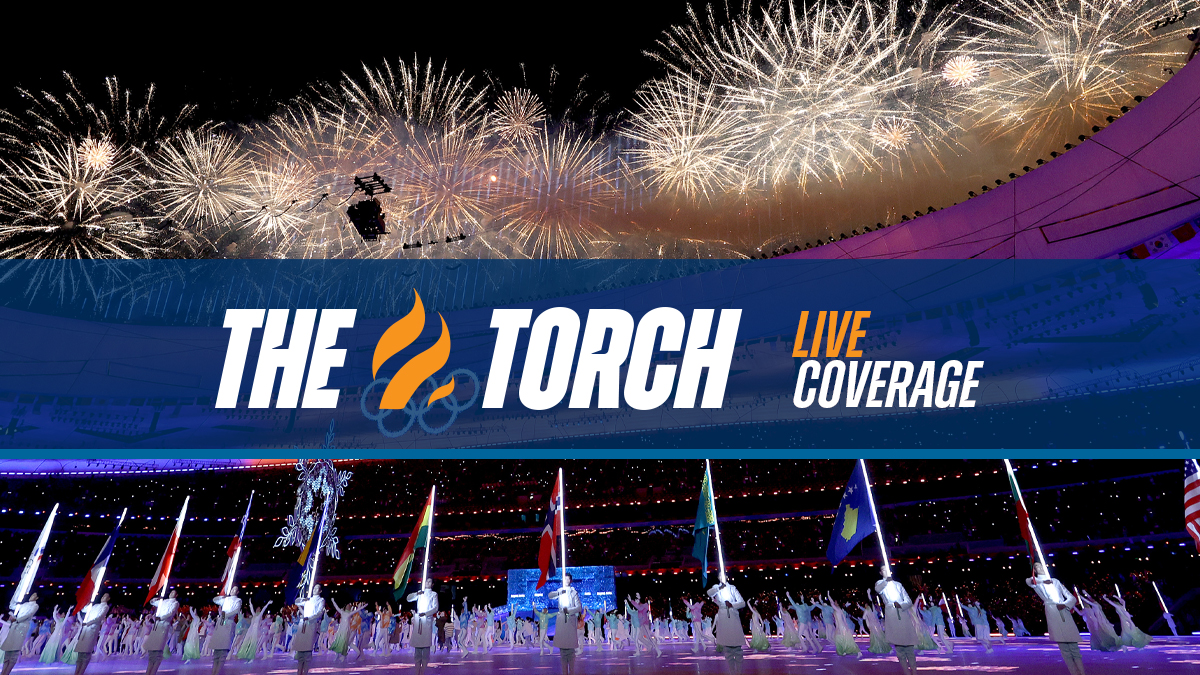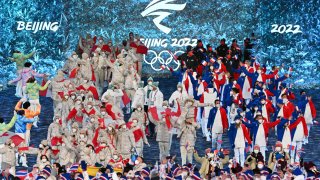
Competition at the 2022 Winter Olympics has come to an end.
Hundreds of athletes, who participated in 15 sports played over the past 19 days, will all converge at the Bird's Nest in Beijing for the 2022 closing ceremony.
With all 109 medal events completed, Olympic organizers in Beijing are ready for one final celebration as they close out these games and ceremoniously pass the torch to the next host country, Italy. Milano Cortina will host the 2026 Winter Olympics.
Over the years, the closing ceremony traditionally includes a parade of flags representing all participating nations. The order starts with the founding Olympic country of Greece and ends with the host nation. It also includes a presentation of medals from the last event of the Games as well as a parade of the athletes.
Get a weekly recap of the latest San Francisco Bay Area housing news. Sign up for NBC Bay Area’s Housing Deconstructed newsletter.
The closing ceremony is equally as important as the opening, and in Winter Games' past the performances have often been a snow-filled and show-stopping finale.
At the 2018 Pyeongchang Olympics, the closing ceremony was filled with skating pandas, K-pop superstars and prodigies like 13-year old guitarist Yang Tae-hwan.
It also had an overarching theme, which is important during the ceremonies: Peace.
With months of tension between North and South Korea and the United States that preceded the Games, the ceremony ended with soft spirits between the two Korean countries, who competed under a united flag.
Beijing 2022 Winter Olympics
Watch all the action from the Beijing Olympics live on NBC
“The Olympic Winter Games at Pyeongchang has come to an end, but the time of peace will continue,” Korean president Moon Jae-in said in closing remarks.
This year’s Beijing Games opening ceremony also had a common thread of international unity and togetherness during a time in the world that is filled with fear and uncertainty surrounding the Coronavirus pandemic.
The overarching theme of this year’s Games was “one world, one family.” It represented the reunion of people from all over the world and a Chinese new year that was spent in Beijing.
Fifty-six ethnic groups in China stood together in harmony, passing the Chinese national flag across Beijing’s National Stadium.
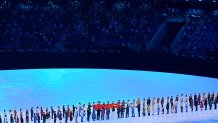
The 2014 Sochi Games had a more celebratory feel. The stadium was used for nothing except the two ceremonies, which allowed for a more complex setup like a giant mechanical bear “blowing out” the Olympic Flame.

Similar to the Closing Ceremony of the Vancouver 2010 Winter Olympics where entertainers dressed as lumberjacks pushed inflated beavers around.
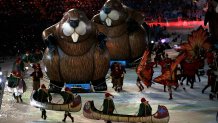
The closing ceremony is often filled with star-studded power, symbolic performances and heartfelt moments, but things are a bit different for Beijing’s closing ceremony.
This year’s entertainers and participants in the performances are all students in universities, primary and secondary schools. They are regular people from Beijing and the Heibei province where the Games were held.


